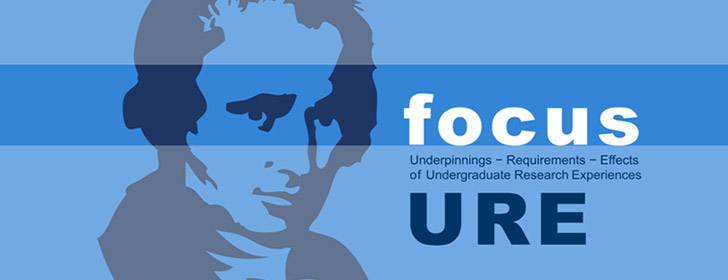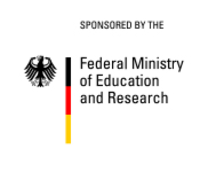
Dear Colleagues,
It is a great pleasure to cordially invite you to participate in the conference “focus URE” at the University of Hohenheim from June 5 to 7, 2019! The University of Hohenheim is home to the award-winning Humboldt reloaded project which aims to educate undergraduate students in, and get them enthusiastic about scientific research. With this expertise we feel confident to organize this conference and want to bring scientists from a variety of disciplines and countries working on Underpinnings, Requirements and Effects of URE together. The aim of this conference is to advance the concept and implementation of URE by applying
(1) Knowledge of basic principles of the learning process;
(2) Experiences with particular formats of URE;
(3) Results from URE impact studies.
Apart from the main conference program which includes three keynote lectures addressing the meeting sessions U, R and E of undergraduate research and up to 15 lectures and some posters, we have plans for some discussion. Moreover, we want to summarize our findings in a memorandum, build up step by step during the conference, about how to set up undergraduate research, why and when for which aims. The conference venue is the historic Hohenheim Palace which is surrounded by the beautiful botanical and exotic garden. We are looking forward to welcome you to the “focus URE” conference in Hohenheim in 2019!
What do we mean, when we think about







